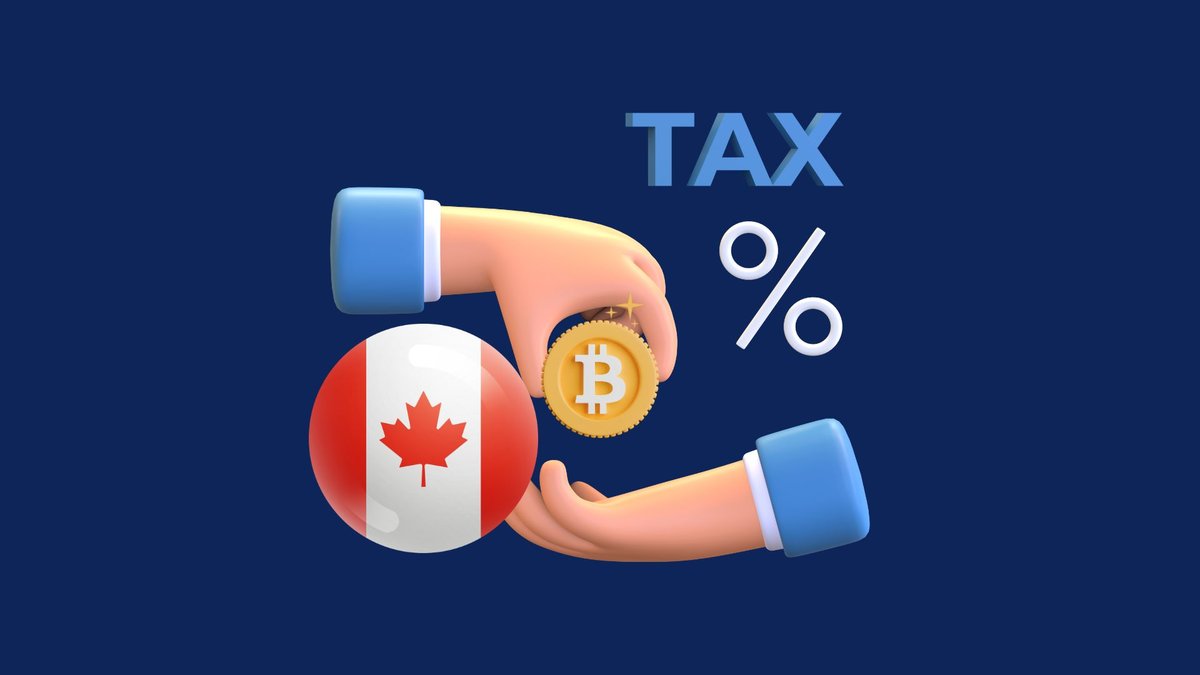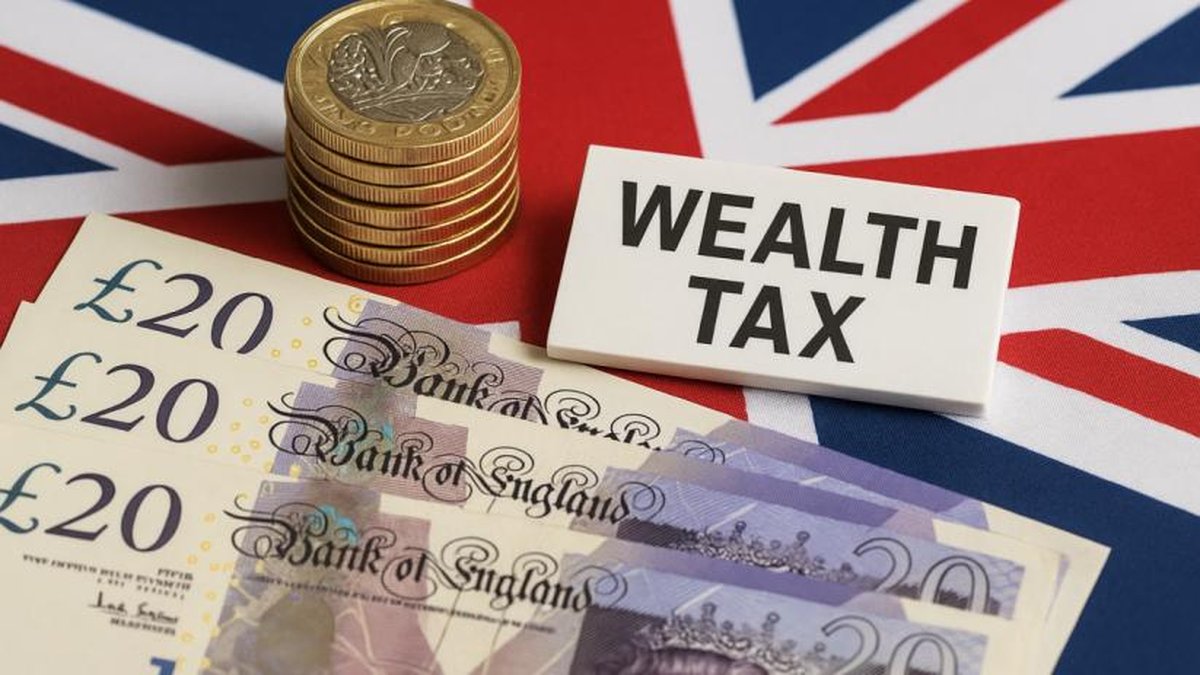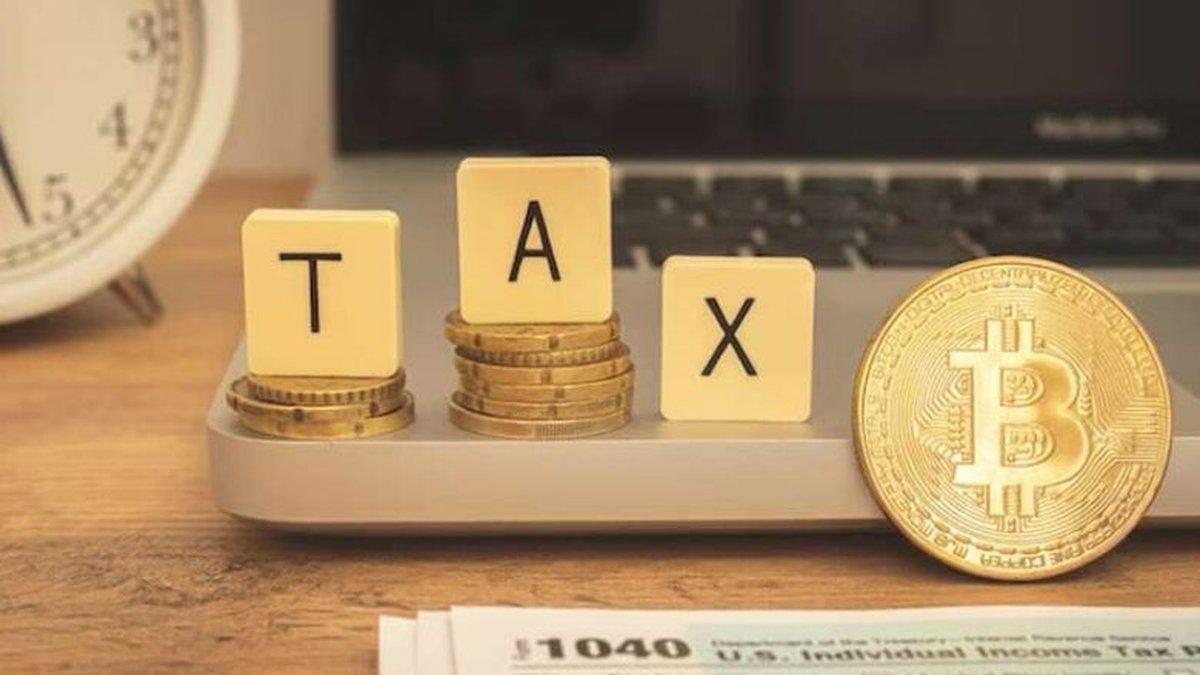Crypto Tax in Canada: How to Stay Compliant with CRA Regulations in 2025
As cryptocurrency adoption grows rapidly across Canada, the Canada Revenue Agency (CRA) has made it clear: crypto transactions are not anonymous from the taxman. Whether you’re trading Bitcoin, earning yield through DeFi, or minting NFTs, your crypto activities are subject to taxation. Understanding how crypto tax works in Canada is essential for investors looking to avoid penalties and file accurate returns.
This article provides an in-depth look at Canadian crypto taxation in 2025, exploring the latest CRA rules, how to classify crypto income, record-keeping best practices, and strategies for minimizing tax liabilities while staying fully compliant.
Overview of Crypto Taxation in Canada
In Canada, cryptocurrencies are treated as commodities under the Income Tax Act. This means that transactions involving crypto are generally considered either business income or capital gains, depending on your activity. The CRA distinguishes between investors who trade occasionally (capital gains) and those engaged in frequent trading or business-like activities (business income).
Unlike some countries with specific crypto tax laws, Canada applies existing tax principles to digital assets. That makes it crucial for investors to understand how different transactions are categorized:
- Buying and holding crypto: Not taxable until disposed of.
- Selling or swapping crypto: Taxable as a disposition (capital gain or business income).
- Using crypto to buy goods or services: Considered a taxable disposition.
- Mining, staking, or yield farming: Generally treated as income at the time of receipt.
- Airdrops and rewards: Often taxable as income when received.
How the CRA Classifies Crypto Transactions
The CRA evaluates several factors to determine whether your crypto activities are business income or capital gains. These include:
- Frequency of transactions
- Intention and purpose
- Level of organization and time spent
- Advertising or promotion of your activities
If you trade crypto regularly, use leverage, or operate like a professional investor, your gains may be fully taxable as business income. Conversely, occasional investors holding crypto as a long-term investment typically report capital gains, where only 50% of the profit is taxable.
Tax Treatment of Common Crypto Activities
1. Buying and Selling Crypto
When you sell crypto for fiat (e.g., CAD) or swap one coin for another, you trigger a disposition event. The taxable amount is the difference between the sale price and your adjusted cost base (ACB). Keeping accurate records of your ACB is critical to calculating correct gains or losses.
2. DeFi Activities: Staking, Yield Farming & Liquidity Mining
DeFi income can be complex. The CRA treats most yield farming and staking rewards as income at fair market value when received. Later, when you sell or convert those tokens, you may incur additional capital gains or losses. Proper tracking of the value at receipt and sale is essential.
3. NFTs and Digital Collectibles
If you mint or sell NFTs, the CRA may classify this as business income if done frequently, or as capital gains for one-off investments. NFT creators often owe income tax on sales, while collectors pay capital gains tax when reselling.
4. Crypto-to-Crypto Trades
Swapping ETH for BTC is also a taxable event. Each trade must be valued in CAD at the time of transaction to determine gain or loss.
5. Airdrops, Forks, and Rewards
Most airdrops and hard forks are treated as income at the time the tokens are received. The subsequent sale may trigger capital gains.
Record Keeping Requirements
The CRA expects detailed records for all crypto transactions. Incomplete reporting can lead to audits and penalties. Investors should maintain logs that include:
- Date and time of transactions
- Value in Canadian dollars (at the time)
- Type of transaction (buy, sell, swap, earn, etc.)
- Wallet addresses and exchange records
- Receipts or invoices for crypto used in purchases
Using software like Koinly, CoinTracker, or CoinTracking can help automate calculations and generate CRA-compliant tax reports.
Filing Crypto Taxes in Canada
Crypto investors must report their activities on their annual tax return using standard forms:
- Schedule 3 – for capital gains and losses
- Form T2125 – for business income and expenses
Crypto income should also be included in your Total Income on your T1 return. All amounts must be converted into CAD using a reliable exchange rate at the time of transaction.
Common Mistakes to Avoid
- Failing to report crypto-to-crypto trades
- Using inconsistent exchange rates
- Ignoring airdrops or staking rewards
- Not tracking ACB properly
- Assuming crypto is tax-free
The CRA has increased its focus on crypto audits. Exchanges are required to share user data, so transparency is the best policy.
Tax Optimization Strategies
While taxes are unavoidable, smart investors use legal strategies to reduce liabilities:
- Harvest losses to offset capital gains
- Use registered accounts (like RRSPs or TFSAs) for traditional investments, freeing cash to pay crypto taxes
- Plan dispositions in lower-income years
- Work with a crypto-savvy accountant familiar with CRA rules
Future of Crypto Taxation in Canada
As digital assets become mainstream, Canada is expected to refine its tax frameworks. Anticipate more detailed CRA guidance on DeFi, NFTs, and cross-border activities. Investors who build compliant habits now will be best positioned as regulations evolve.
Key Takeaways
- Crypto is taxed as business income or capital gains depending on activity.
- Each trade, swap, or use is a taxable event.
- Staking and yield farming rewards are typically treated as income.
- Accurate records are essential for CRA compliance.
- Consult a professional to avoid errors and optimize your tax strategy.
Further Reading and Resources
Crypto & Market | Exchanges | Altcoin Analysis
Frequently Asked Questions
Do I need to report crypto held in my wallet? Not until you sell, trade, or use it. HODLing is not a taxable event.
How are staking rewards taxed in Canada? They are generally treated as income when received, based on fair market value in CAD.
Does the CRA track crypto? Yes. Exchanges and payment processors may share data with the CRA, and blockchain analysis tools are used to detect unreported income.
What happens if I don’t report my crypto taxes? Penalties, interest, and audits. Voluntary disclosure is recommended if you’ve missed past years.
Can I pay taxes with crypto? No, taxes must be paid in Canadian dollars.





